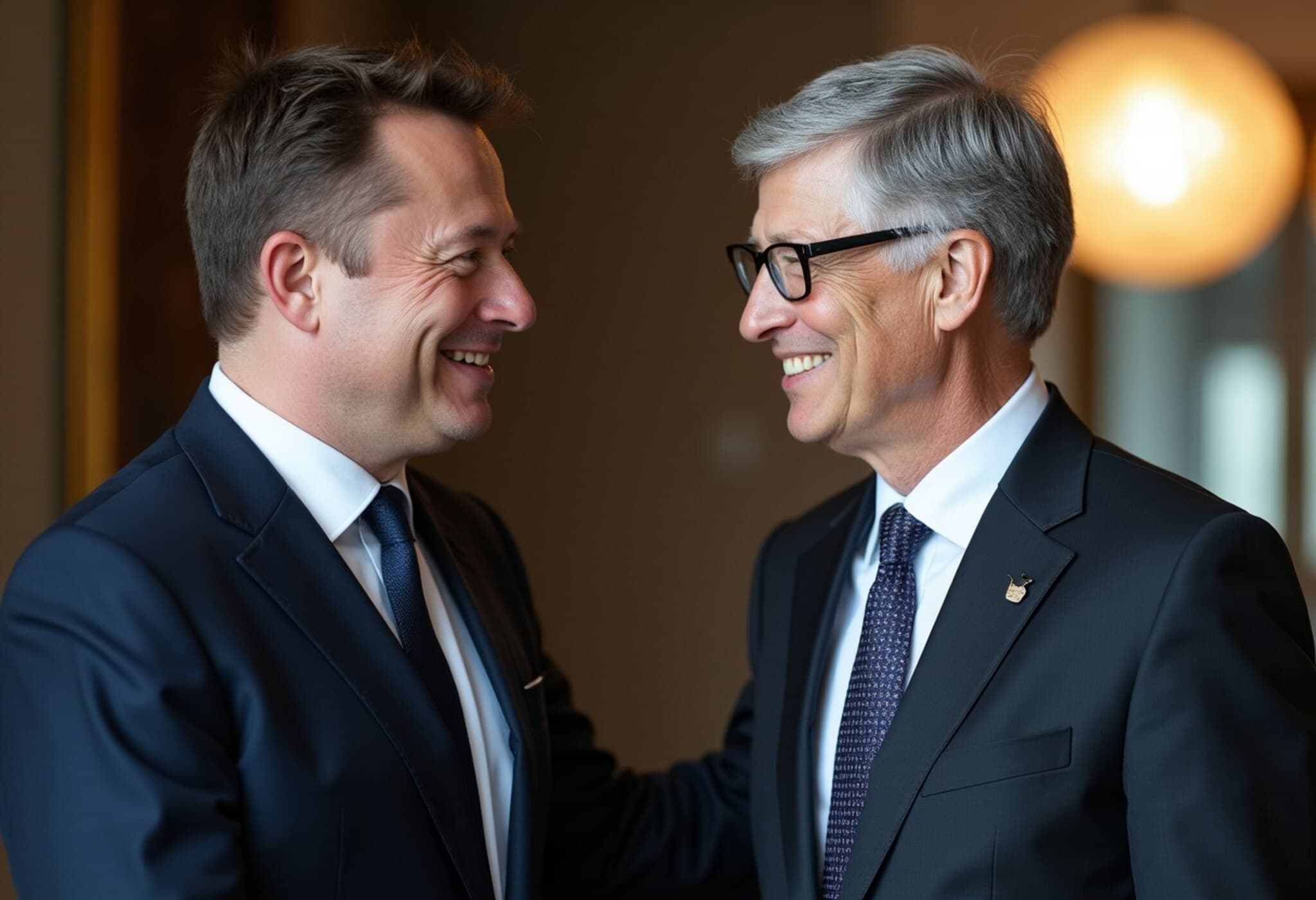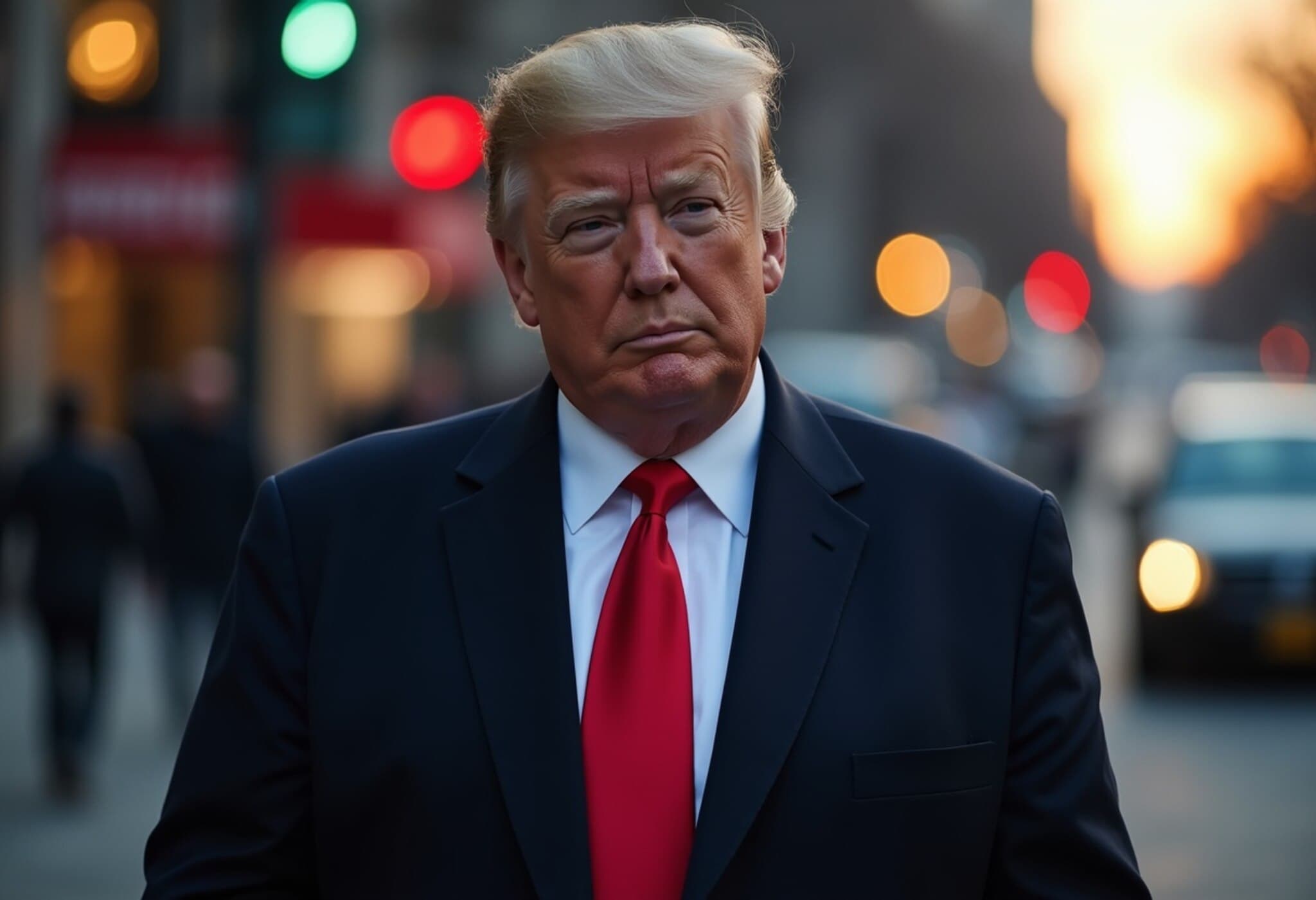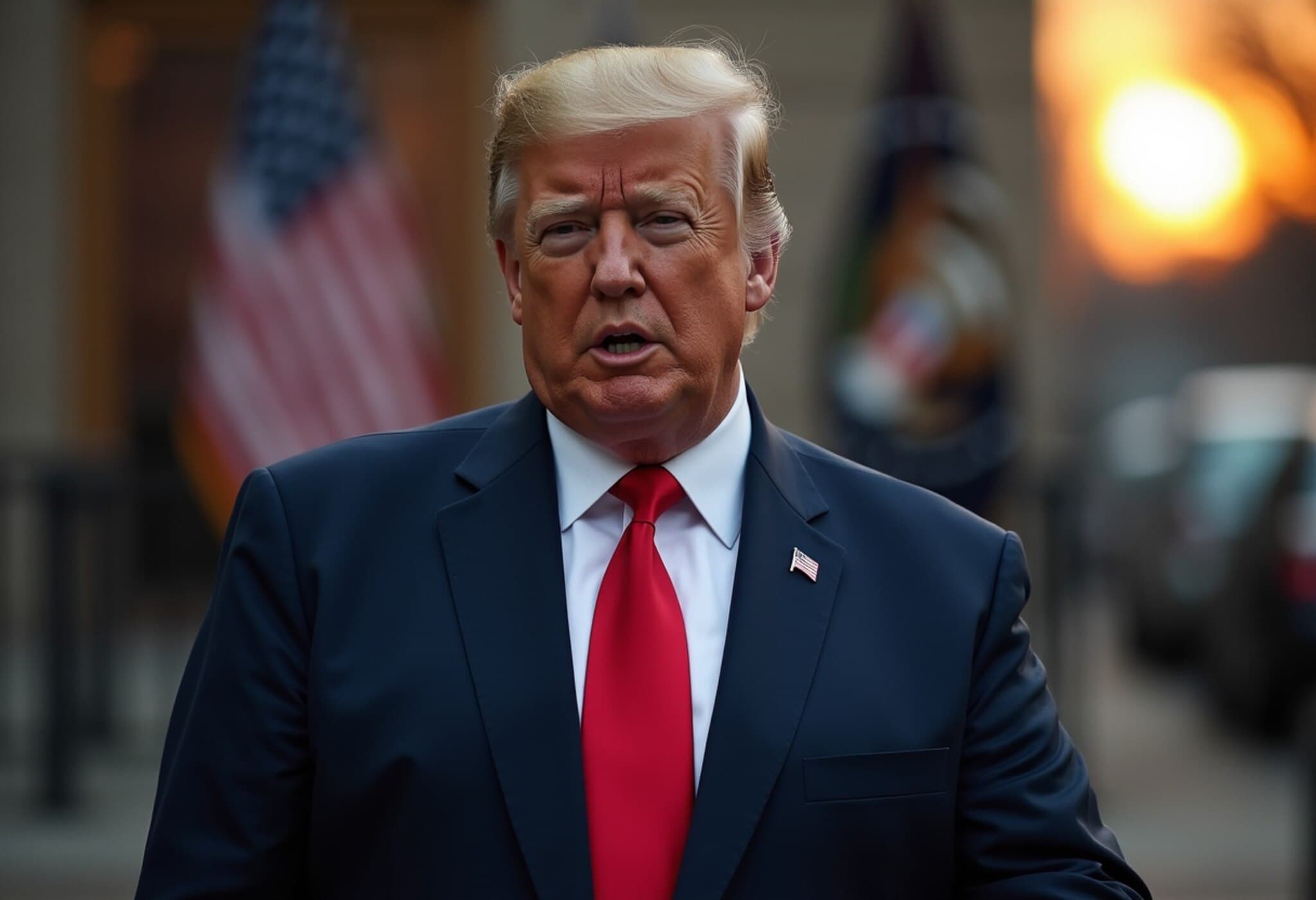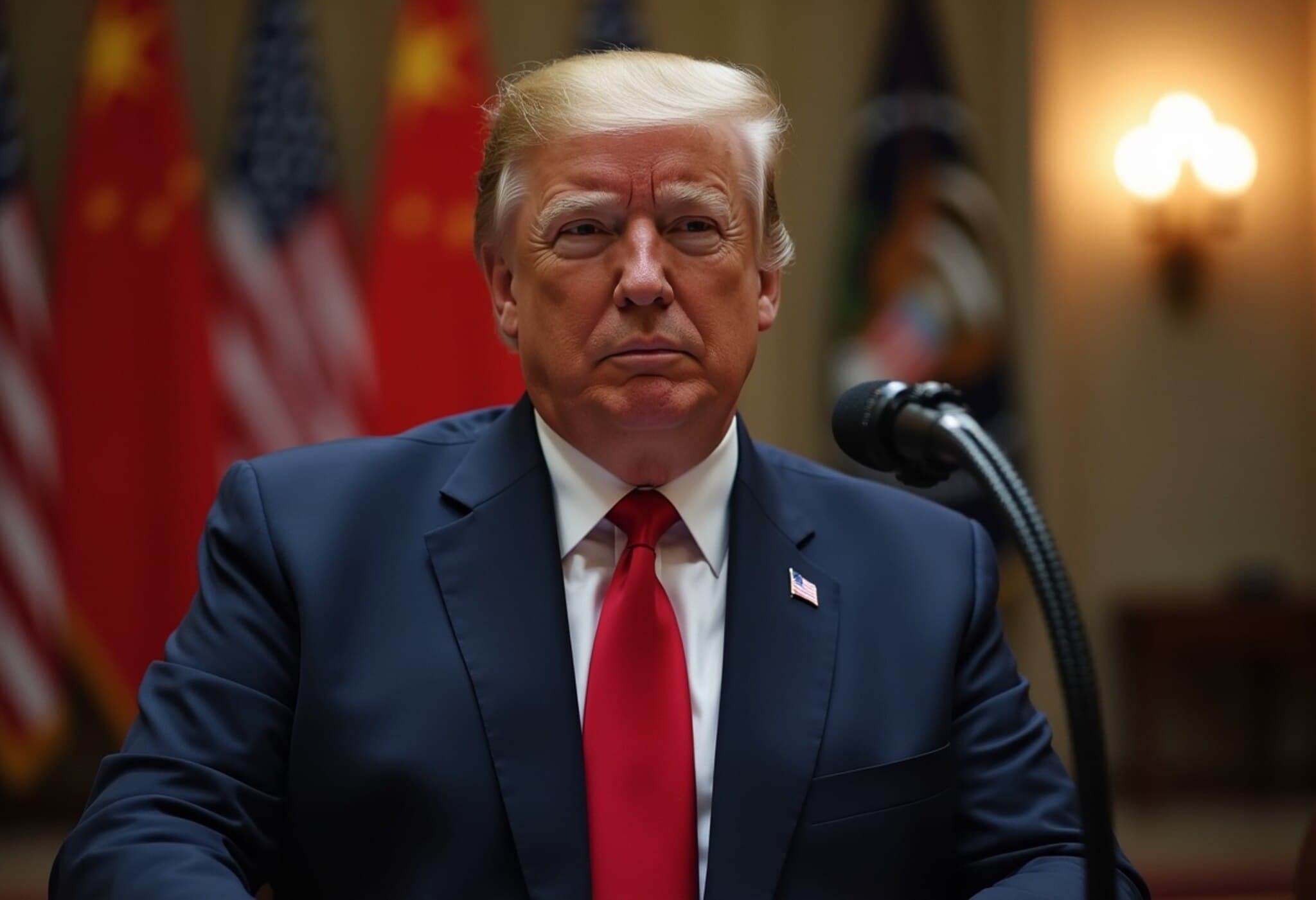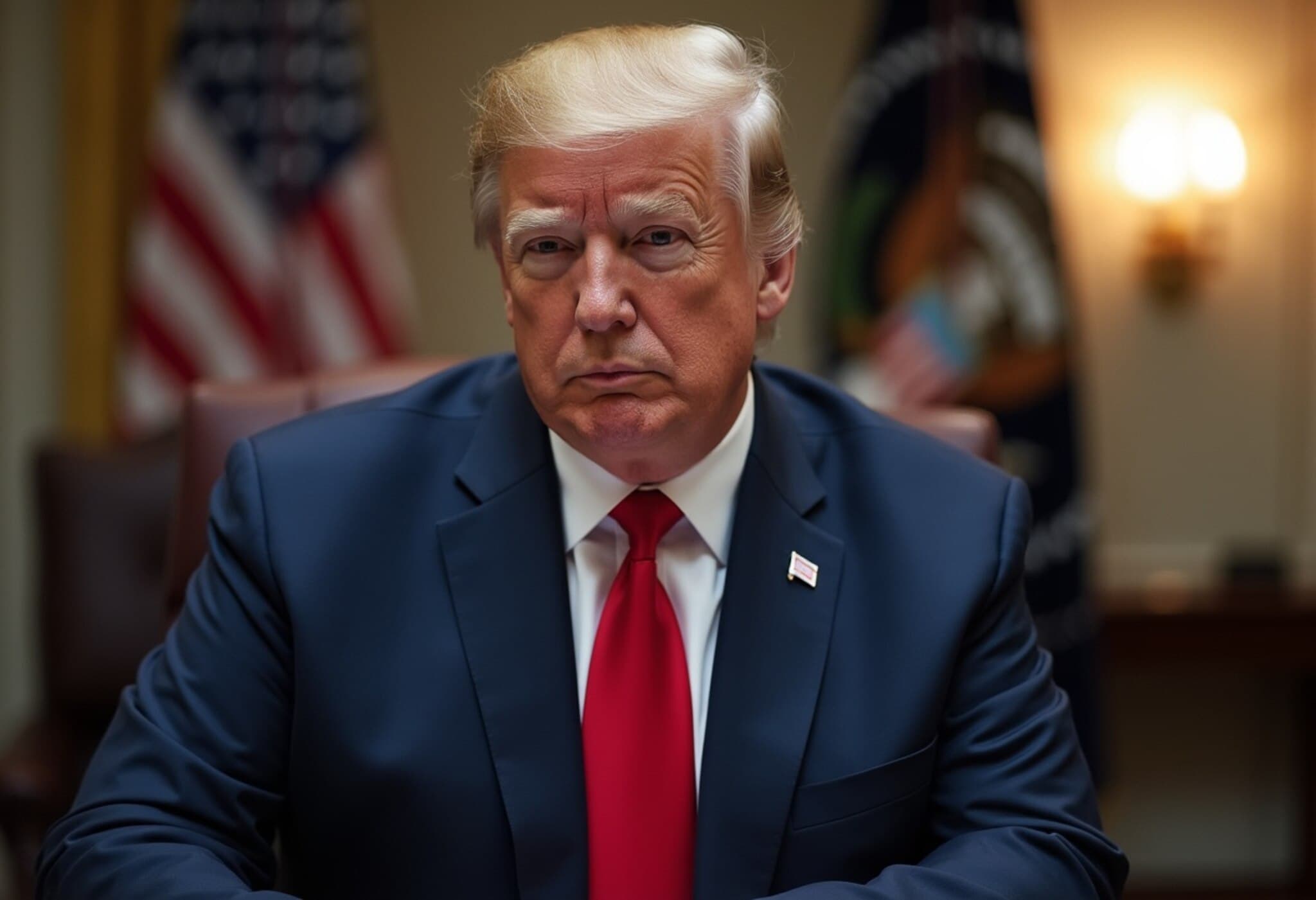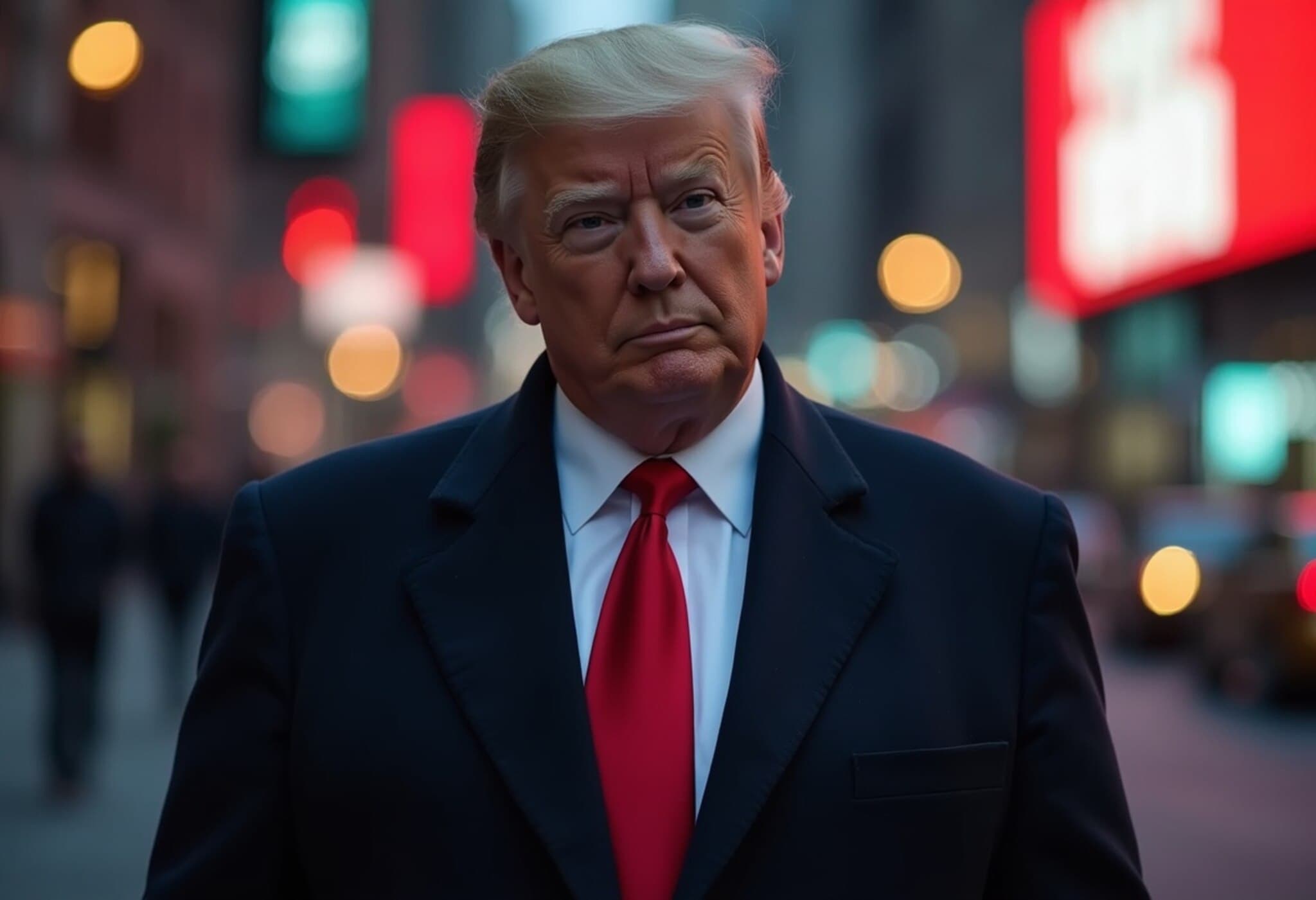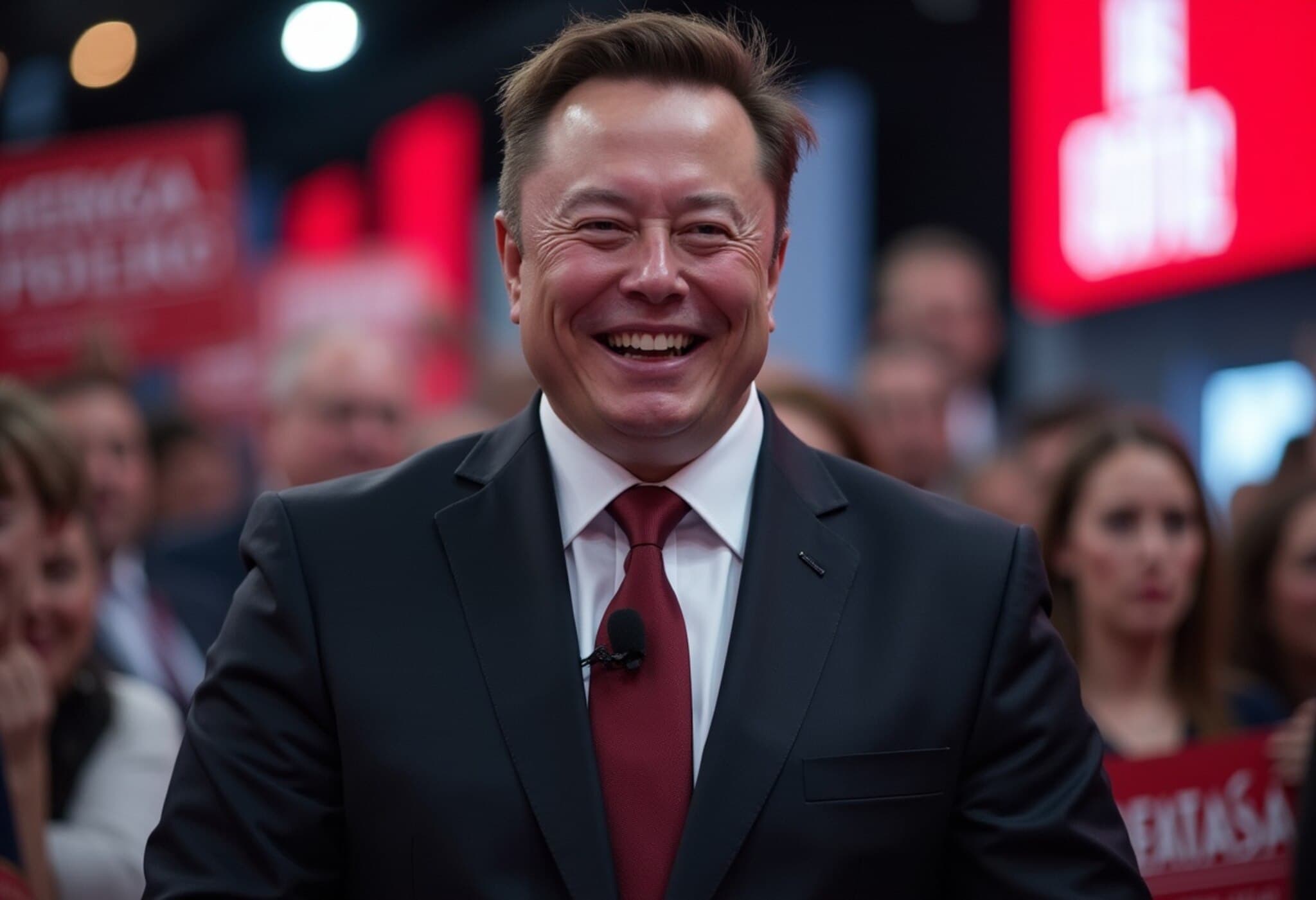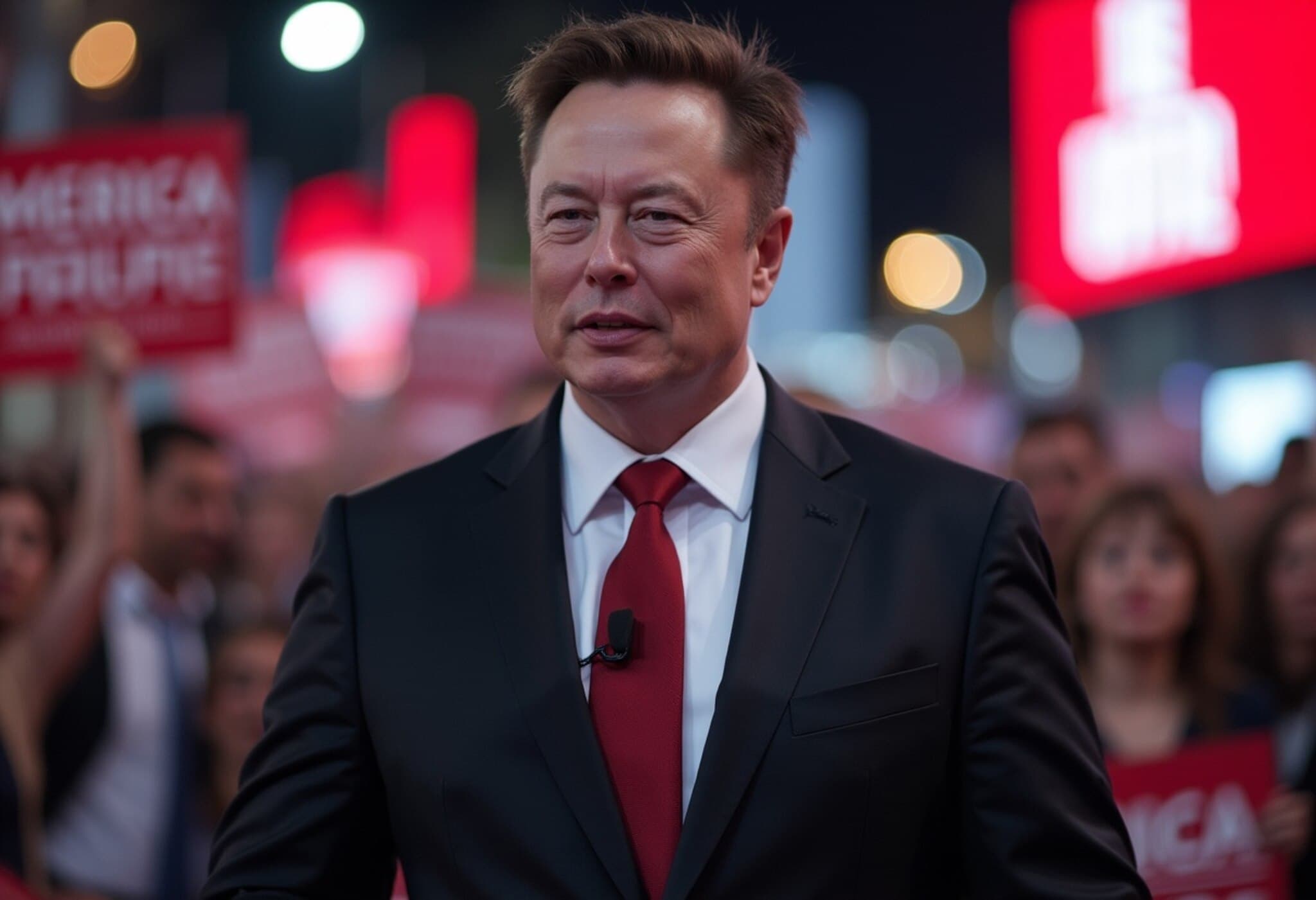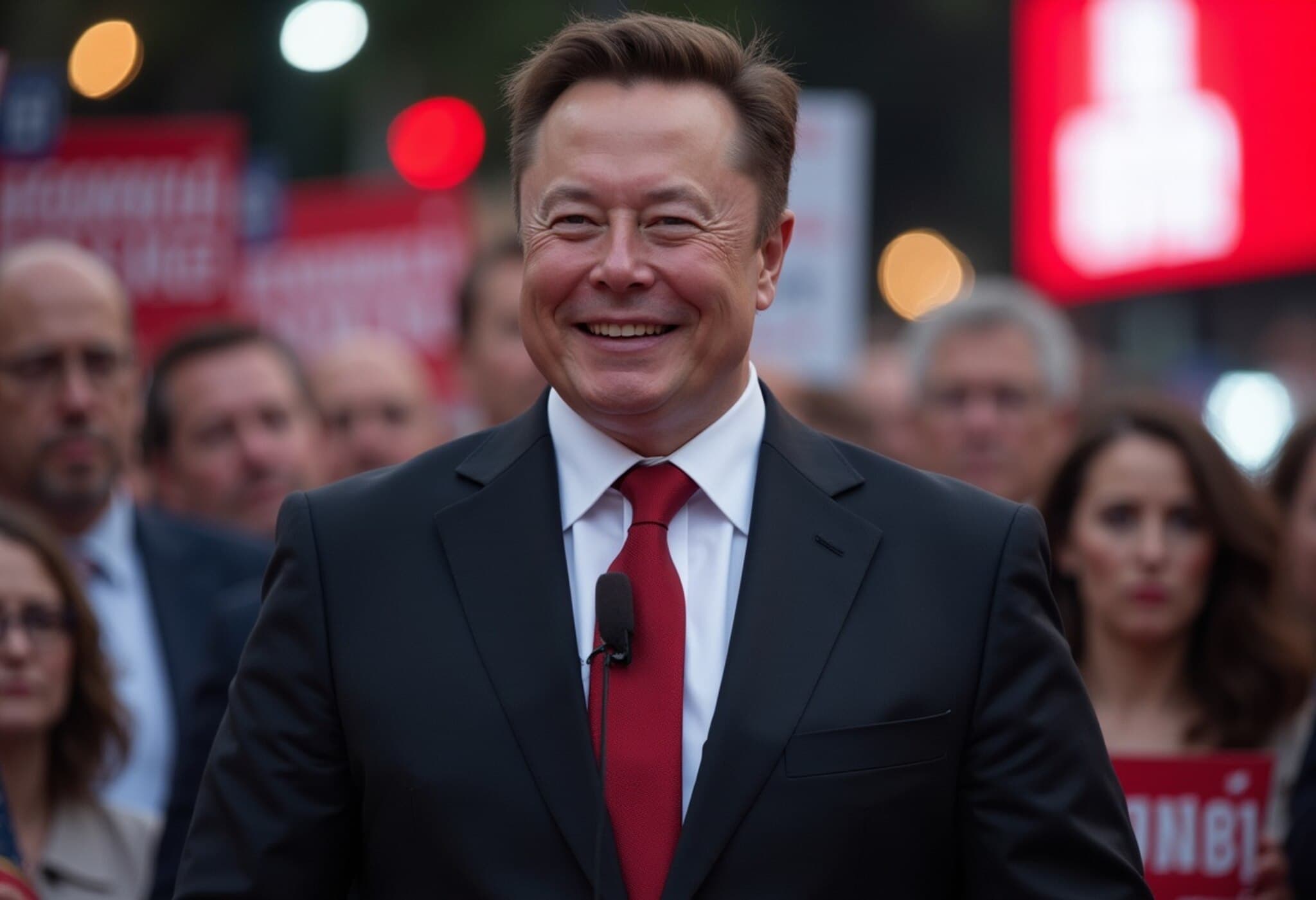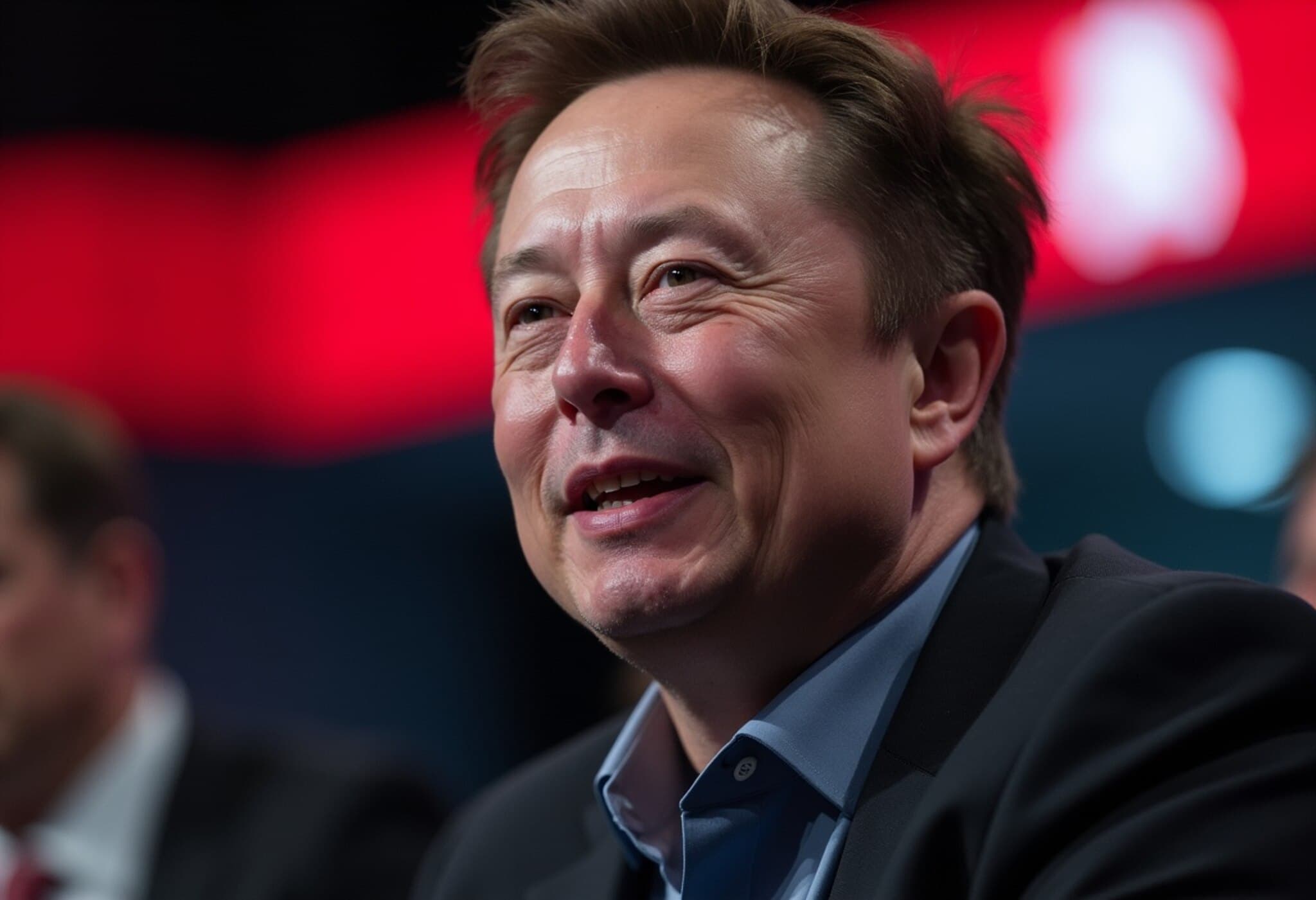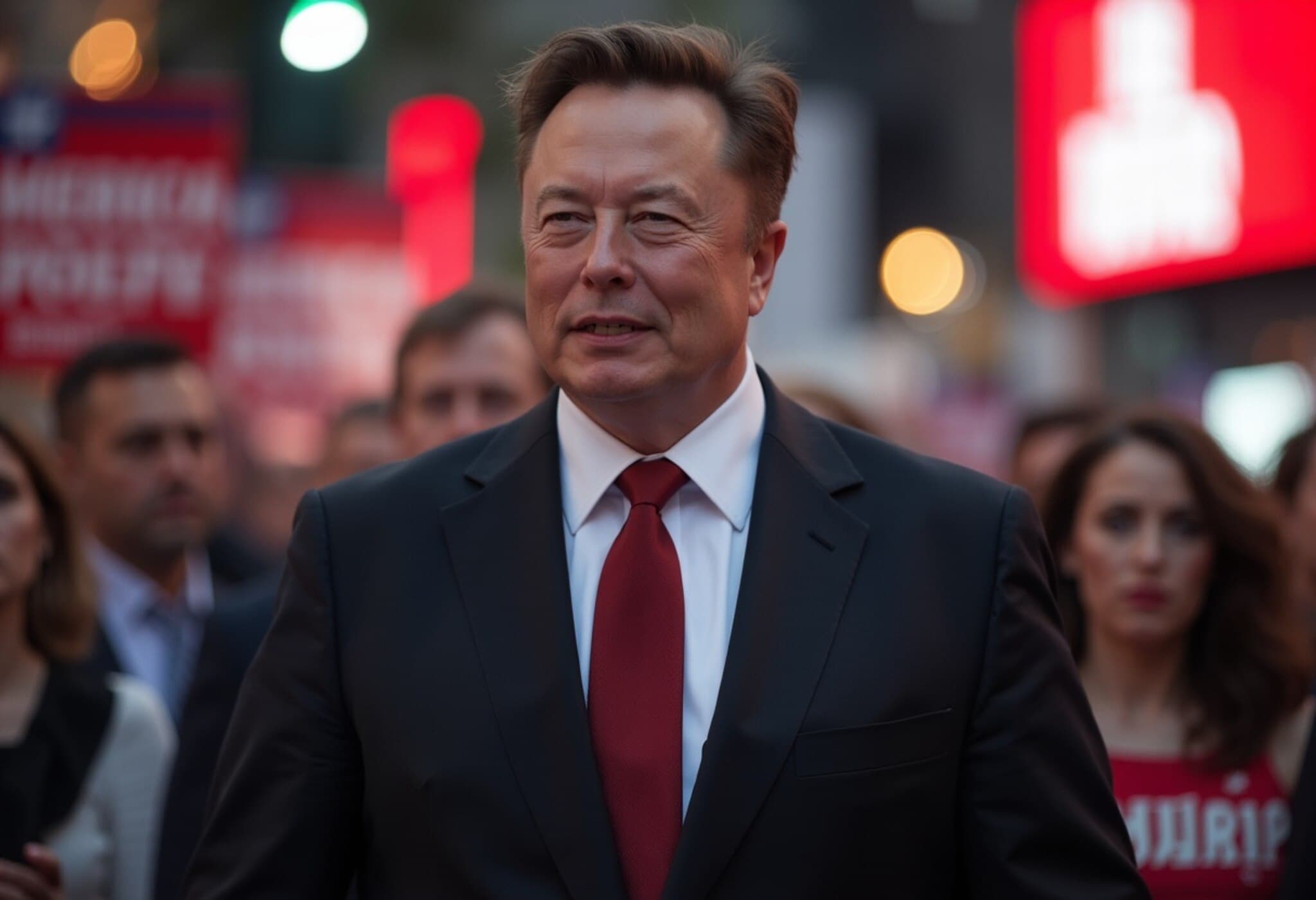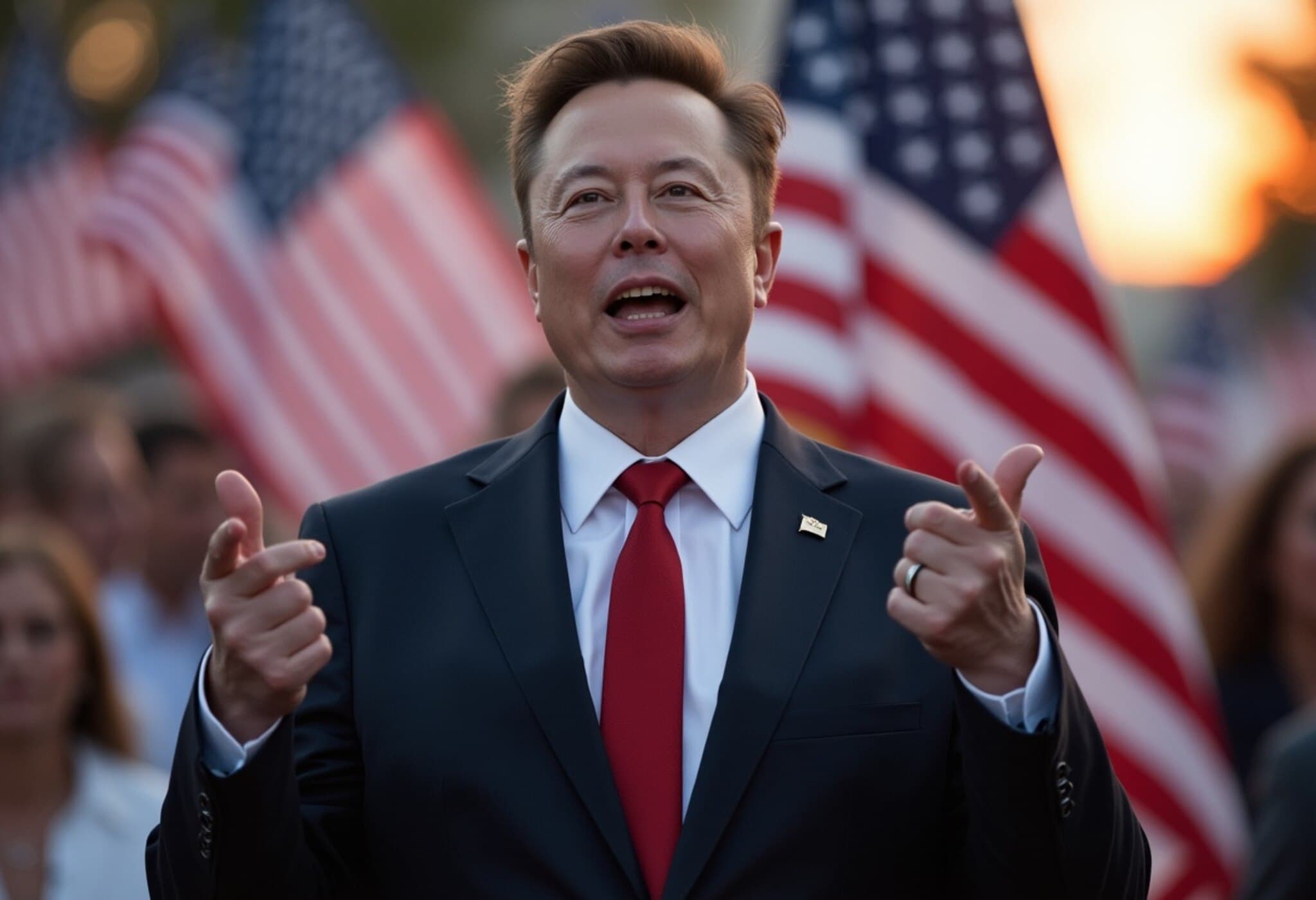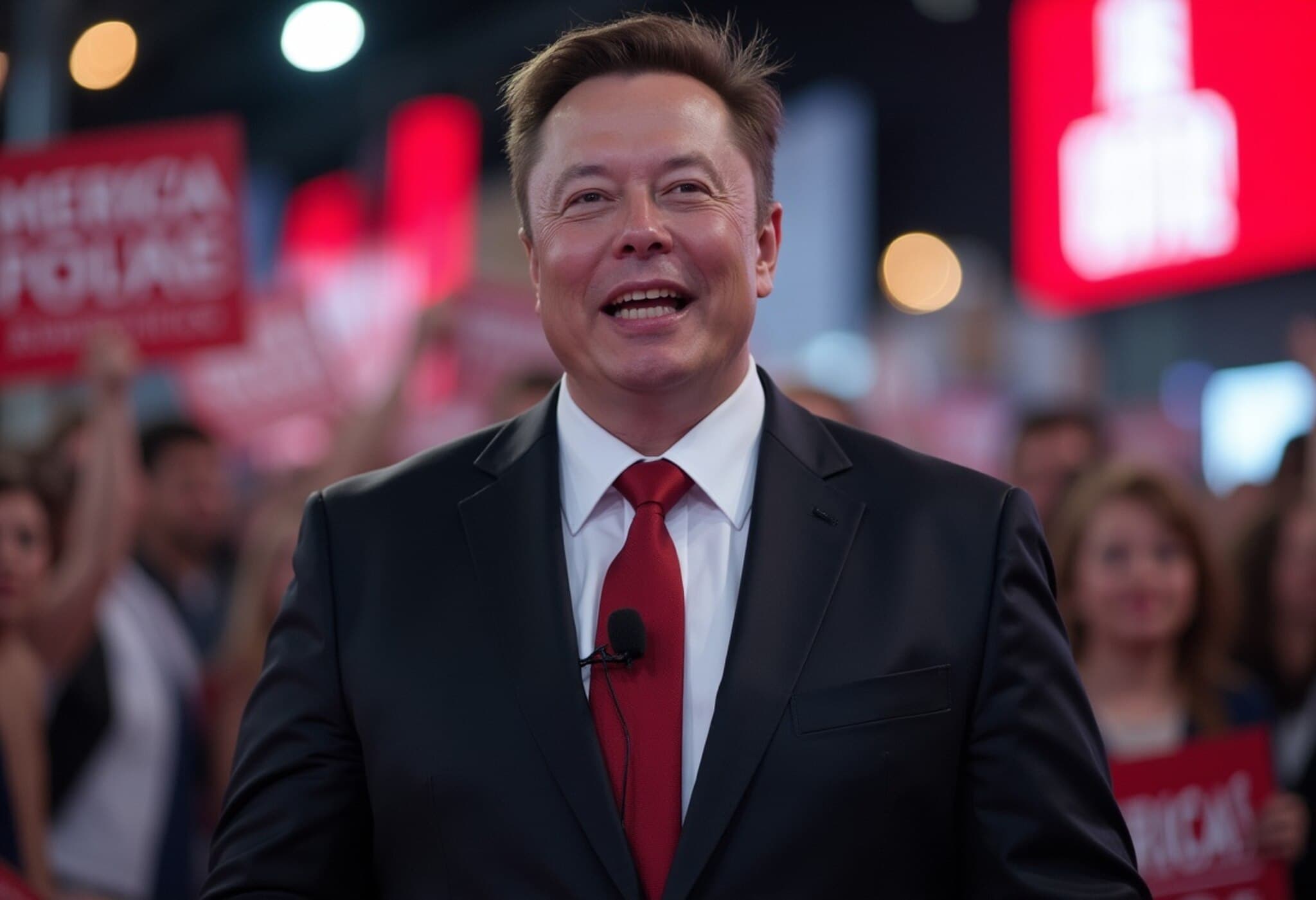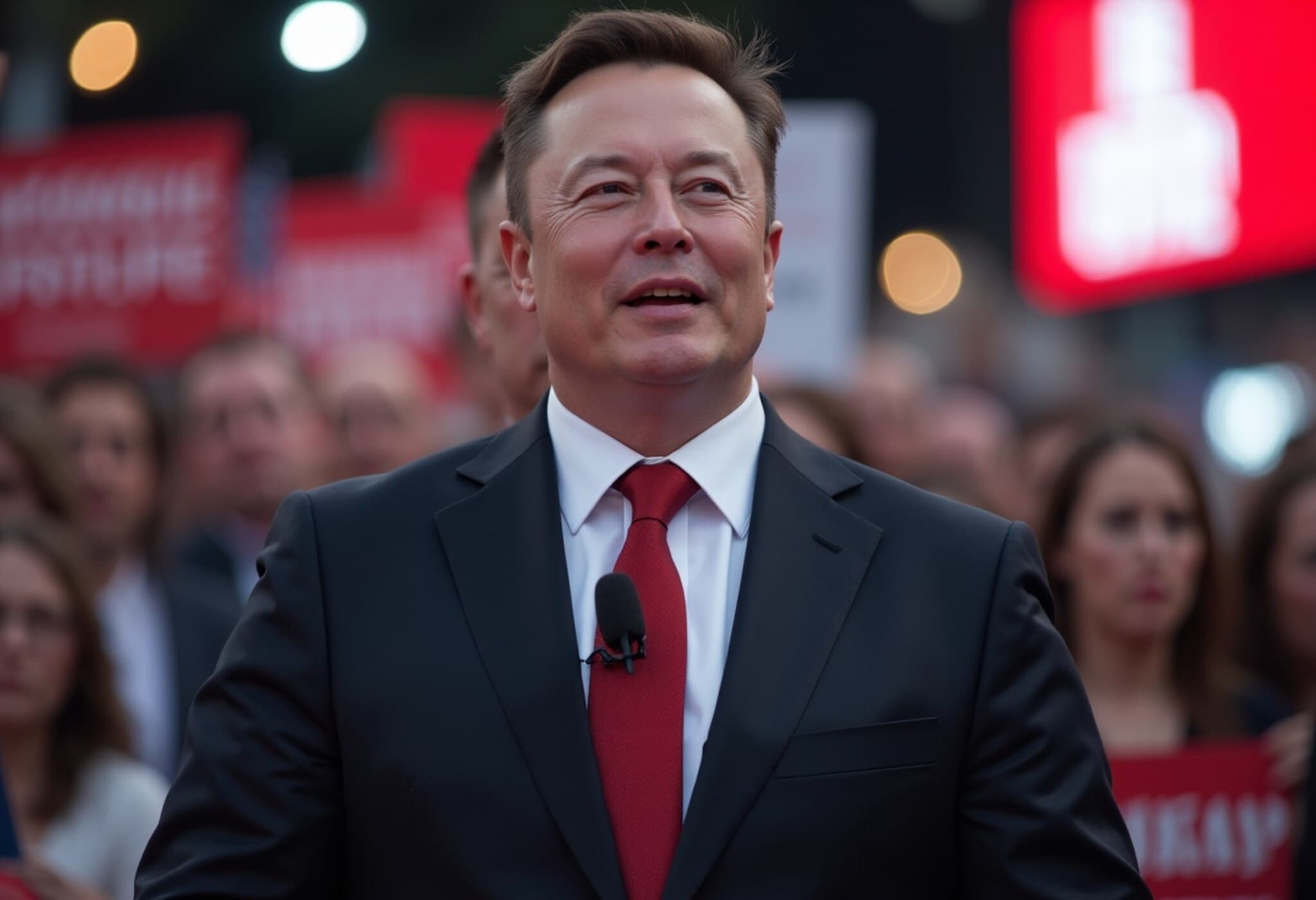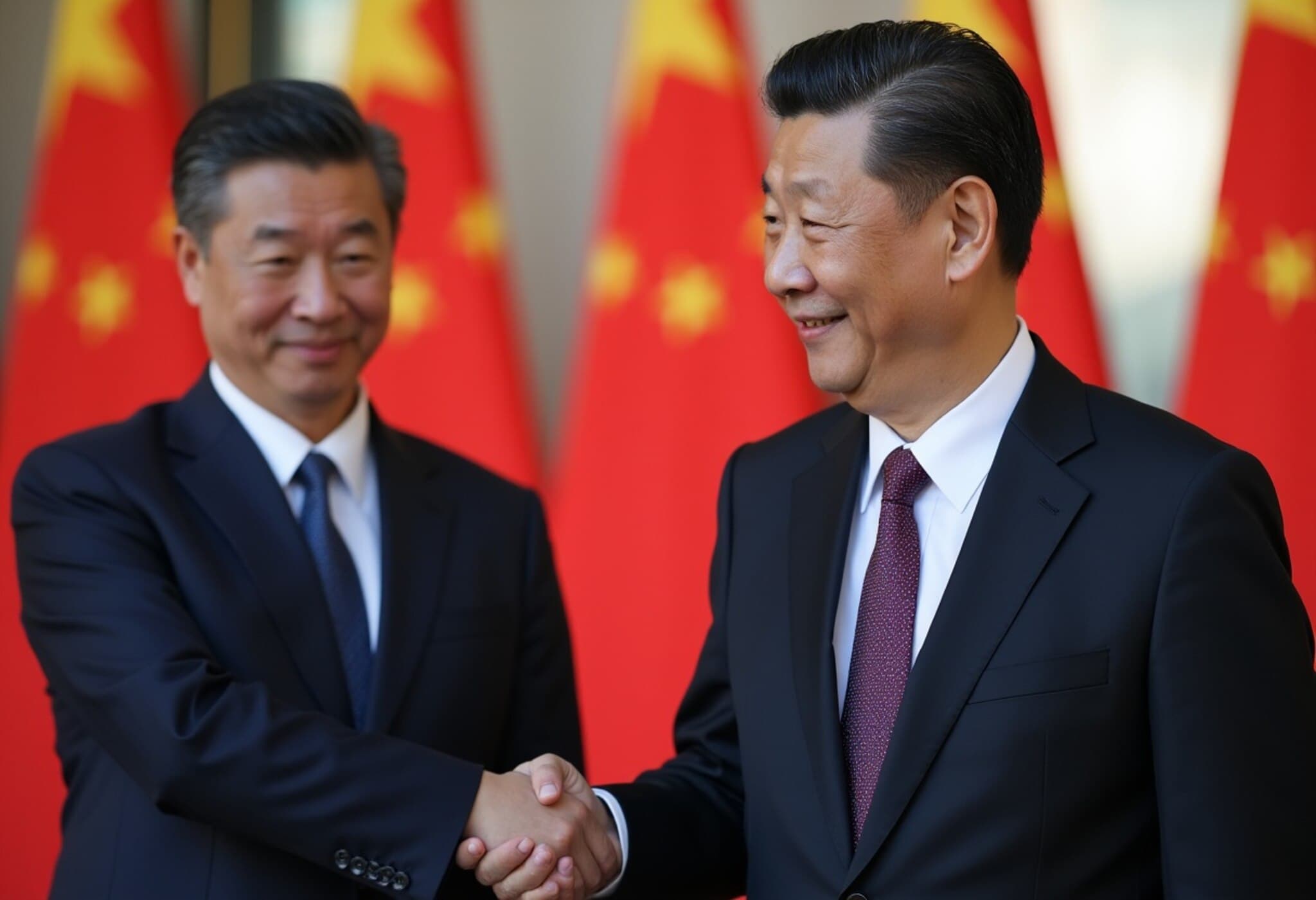The Billionaire Clash: Musk and Gates Rekindle Their Online Spat
In a fresh episode of high-profile tech billionaire rivalry, Elon Musk, CEO of Tesla and owner of X (formerly Twitter), has publicly challenged Bill Gates, co-founder of Microsoft and prominent philanthropist, over the Trump administration's controversial health aid reductions. This latest exchange revives longstanding tensions between two of the world's wealthiest and most influential figures.
Bill Gates’ Criticism of Health Aid Cuts Sparks Musk’s Response
Bill Gates recently took to X to highlight the devastating impact of the Trump administration’s decision to cut health aid, stating, “Aid cuts have already cost lives, and the number of deaths will continue to rise.” While his post did not mention Musk explicitly, it was enough to draw a sharp and pointed comeback.
“The facts are simple and devastating: Aid cuts have already cost lives, and the number of deaths will continue to rise. Here’s the evidence.”
— Bill Gates (@BillGates)
Musk Accuses Gates of Self-Interest and Deflects
Responding to a user who tagged Gates’ wealth as a platform to counter the aid cuts, Musk aligned himself with the criticism, tweeting “Exactly” in agreement. However, he took the conversation further by insinuating that Gates’ humanitarian outcry is motivated by financial interests, claiming that “The real reason Bill Gates is unhappy is that HIS organization isn’t getting billions in US taxpayer money anymore.”
This latest verbal volley underscores the complex interplay where philanthropy, corporate influence, and political policy collide—especially in the realm of public health funding that affects vulnerable populations.
Background: A History of Public Friction
This is not the first time Musk and Gates have clashed publicly. In December 2024, Musk mocked Gates over his financial strategies related to Tesla stock, warning that if Tesla surpasses other companies as the “world’s most valuable company by far,” Gates’ short position could result in his bankruptcy. According to journalist Walter Isaacson’s 2023 Musk biography, Gates took a significant loss estimated at $1.5 billion due to a short position against Tesla shares.
Such financial maneuvers and public disputes highlight the deep rivalry and competitive jabs that underpin their relationship, reflecting not only personal pride but also contrasting visions on technology, wealth, and social responsibility.
Implications for Policy and Public Perception
- Health Aid Funding: The Trump administration’s spending cuts have sparked debate over the real-world consequences for health outcomes globally—a matter Gates advocates passionately about.
- Wealth and Philanthropy: The feud underscores public expectations on billionaires like Musk and Gates regarding their roles in addressing societal crises versus pursuing financial interests.
- Influence on Public Discourse: Their high-profile exchanges via social media shape narratives around economic policy and corporate accountability.
Expert Insight: The Broader Context
From a policy perspective, the reduction in health aid funding poses tangible risks to global public health initiatives, especially in combating infectious diseases and improving healthcare infrastructure in underserved regions. Gates, through his foundation, has been a key player in this arena, making Musk’s accusation of financial self-interest not just a personal jab but a deep critique worthy of scrutiny.
Meanwhile, Musk’s position as a technology and space pioneer often puts him at the crossroads of innovation and controversy. His vocal challenges to peers reflect competitive posturing within the billionaire class, indicative of broader concerns about the role of wealth in shaping both market dynamics and social priorities.
What Lies Ahead?
As this public feud unfolds, it exposes critical questions about accountability amongst the ultra-wealthy and their influence on political decisions that impact millions globally. Will such confrontations lead to greater transparency in philanthropy and corporate engagement with social issues? Or will they further entrench divisions among those shaping the future of technology and global health?
Editor’s Note
This unfolding rivalry between Elon Musk and Bill Gates goes beyond personal animosity, touching on vital debates around government spending, philanthropy, and the ethical responsibilities of billionaires in the 21st century. Readers are encouraged to consider how these private disputes might reflect larger systemic challenges in aligning wealth, power, and global well-being.

